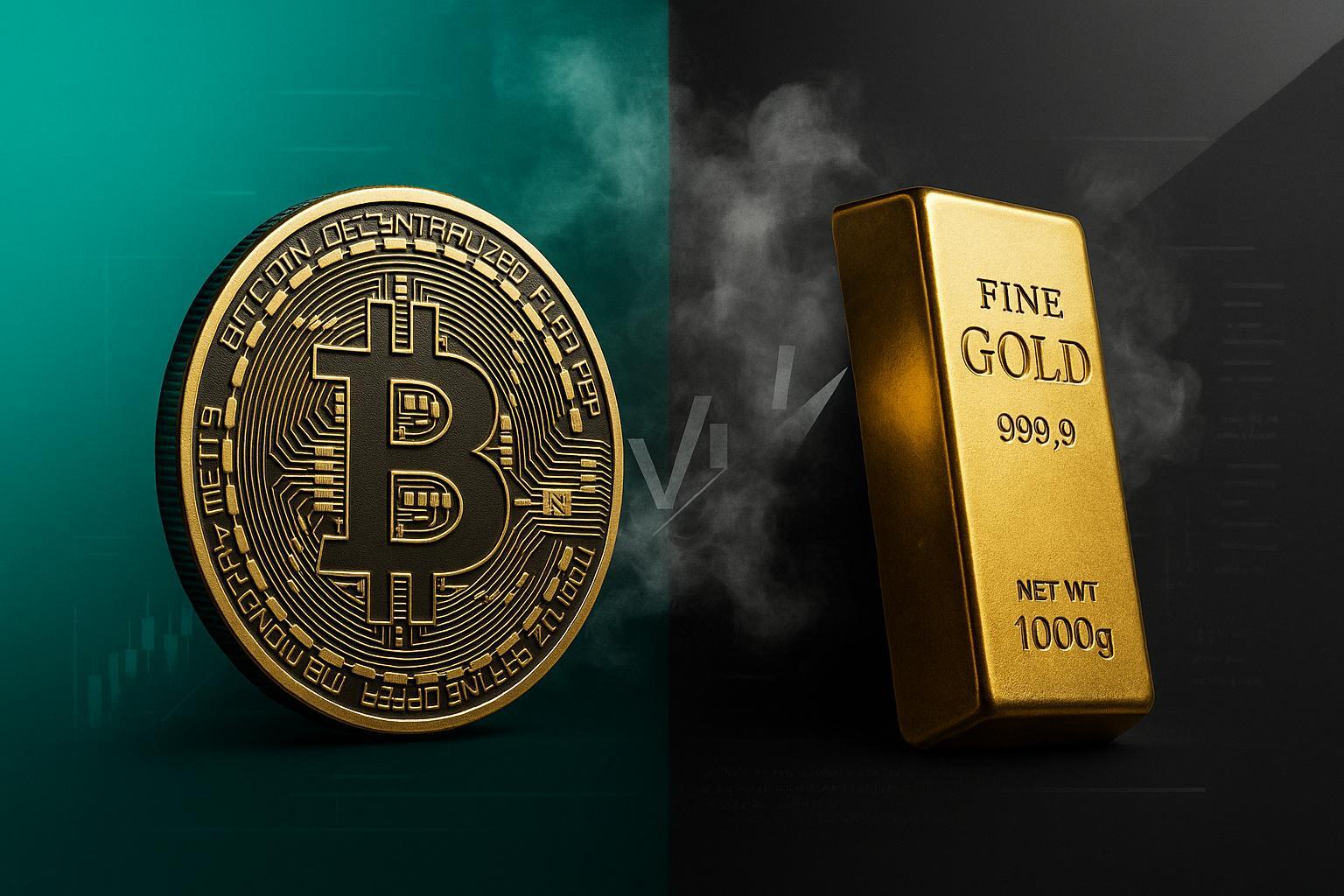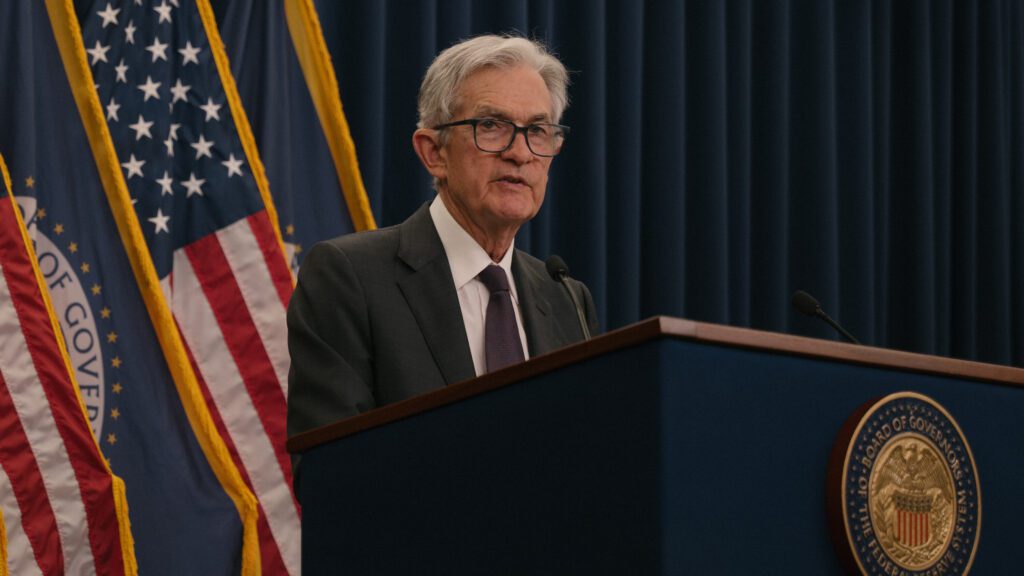 |
| Gold V.1.3.1 signal Telegram Channel (English) |

“Gold vs Bitcoin in 2025: A New Era in Safe-Haven Investing and Diversification”
2025-10-08 @ 20:00
Gold and Bitcoin: How 2025 Redefined Safe-Haven Investing
In 2025, both gold and Bitcoin have shattered previous records, sparking renewed debate about their roles in the modern portfolio. The world faces mounting geopolitical tensions, persistent inflation risks, and increased uncertainty around monetary policy. Against this backdrop, institutional and individual investors alike are flocking to assets outside traditional markets that promise protection and upside—chief among them, gold and Bitcoin.
Historic Parallels at All-Time Highs
Remarkably, the price of one Bitcoin is now hovering around $125,000, nearly matching the price of a one-kilogram gold bar. Gold, long established as a universal store of value, has surged above $4,000 per ounce fueled by central bank accumulation and fears over US dollar stability. Meanwhile, Bitcoin’s rally is bolstered by explosive growth in spot exchange-traded funds (ETFs), broader mainstream adoption, and strong endorsements by policymakers. For the first time, both assets are in the spotlight together, illustrating a fundamental shift in how investors think about safe havens.
Why Investors Are Rethinking Safe Havens
The concurrent rise of gold and Bitcoin is no coincidence. Global financial instability and inflation concerns have made traditional safe-haven strategies less reliable. Gold, with its centuries-old reputation, continues to deliver stability amid turmoil. Central banks across emerging markets are increasing their gold reserves, pushing its price higher. By contrast, Bitcoin’s appeal lies in its finite supply, divisibility, and independence from government manipulation. Its borderless, digital nature gives it special utility as the dollar’s dominance wanes and regulatory environments evolve.
Performance Showdown: Returns, Volatility, and Risks
When comparing the two, the numbers speak volumes:
- Gold’s Returns: In the past year, gold has returned over 44%, with a five-year return exceeding 100%. Its volatility has remained moderate, reflecting its traditional role.
- Bitcoin’s Returns: Bitcoin has delivered a staggering 75% over the past year and nearly 950% for five years, far outpacing gold’s performance but with significantly higher volatility.
-
Volatility and Risk: Gold’s typical annual volatility hovers around 15%, while Bitcoin’s is closer to 25%. Bitcoin’s history of sharp drawdowns—over 70% in some years—contrasts with gold’s more measured price movements. Gold’s worst annual drawdown in recent history was about 31%.
This divergence highlights the fundamental pair: gold offers stability, Bitcoin delivers growth. While Bitcoin’s meteoric gains attract growth-oriented investors, gold’s reliability remains unmatched during periods of acute crisis.
Tangible Versus Digital Value
Gold’s physicality is part of its appeal—you can weigh it, store it, and use it in industry or jewelry. Buying physical gold is relatively straightforward, though the cost and logistics of storage, insurance, and division (for large bars) can be notable. The premium paid above spot price varies by product size and seller, but the asset itself remains the same across borders.
Bitcoin, on the other hand, exists purely as code, yet can be bought or sold in increments as small as fractions of a cent. Its divisibility, portability, and transparency make investment accessible to a broader audience than ever before. Transactions occur instantly and globally without intermediaries—a sharp contrast to gold’s physical limitations.
Portfolio Implications: Hedging Against Uncertainty
Both gold and Bitcoin play crucial roles for investors seeking to hedge against inflation, policy missteps, or currency debasement. Historically, gold provided stability regardless of economic circumstance. Bitcoin’s youth, by contrast, means its safe-haven capabilities are still debated; its price often fluctuates with changing regulatory, macroeconomic, and adoption trends.
Yet, recent years have shown both assets rising in tandem during times of global stress, supporting the case for diversified ownership. Gold may anchor a portfolio with long-term security, while Bitcoin introduces the possibility of outsized returns during periods of technology adoption and monetary experimentation.
Looking Ahead: What Does the Future Hold?
Gold remains a mature asset and is unlikely to experience radical shifts in its role. Its supply grows slowly, and its demand is driven by factors familiar to investors—real interest rates, central bank activity, and industrial or jewelry use. The asset’s upside is considered moderate, but its resilience is nearly unmatched.
Bitcoin, conversely, is still evolving. Fixed at 21 million coins, its supply mechanism—halving events—will continue to reward long-term holders and miners as the final coin is not expected to be issued until the next century. Its future may see more dramatic market movements as adoption deepens and regulatory environments clarify.
Conclusion: Balancing Your Portfolio for 2025 and Beyond
For today’s investor, gold and Bitcoin are no longer mutually exclusive choices. They serve fundamentally different roles: gold for stability and preservation, Bitcoin for growth and innovation. Holding a blend of both can balance a portfolio’s risk and reward, offering protection against the uncertainties that define our era while leaving room for upside as new financial paradigms emerge.
As 2025 proves, safe-haven demand is evolving—and the definition of “safe” may now include both the tangible and the digital.




